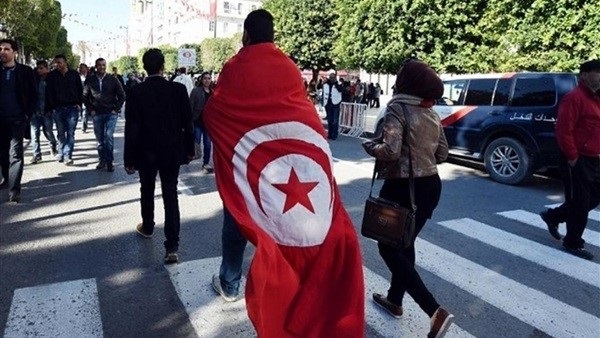Bread queues resurfacing in Tunisia; Gov't says to solve problem

The bread crisis is
rearing its ugly face in Tunisia once more.
This comes as long
queues form outside bakeries and citizens complain against bread shortages.
This also comes as Tunisia
suffers a shortage of basic commodities.
Some people believe
this shortage had been behind a decision by Tunisian President Kais Saied to
show Prime Minister Najla Bouden the door earlier this month.
The bread crisis is one
of the biggest challenges facing President Saied. Bread is a main staple in
Tunisia.
Tunisia is the world's
second largest bread and pastries consumer after Italy, according to an Italian
study in 2021.
Crisis
Tunisian authorities
come at the centre of fire from local politicians and ordinary people.
They blamed the crisis
on monopolies by traders. The authorities also accused some parties of trying
to take revenge on Tunisians by creating this crisis, probably alluding to the
role played by politicians kicked out of the Tunisian political stage,
especially those belonging to Ennahda Movement of Rached Ghannouchi who is now
in prison.
Tunisian authorities acknowledge
the shortage of grain as one of the causes of the crisis.
They blame the shortage
on the Russian-Ukrainian war which affected the movement of grain around the
world.
However, the
authorities make no reference whatsoever to Tunisia's failure to produce wheat
locally.
The Reference monitored
warnings early last year by farmers against a decrease in wheat output due to the
drought that hit Tunisia because of the lack of rains.
As a result, some of
Tunisia's agricultural hubs have lost their production capacity for this season
by between 50 and 100%.
Solution
is far away
In the light of
Tunisia's financial deficit and the shortage of locally sourced grain, it seems
that the months-long crisis will continue, as the Ministry of Trade and Export
Development has promised to supply the mills with wheat shipments to provide
bread throughout the day.
This is the first test
for Tunisia's new prime minister, as he faces complex issues, the most
important of which is the provision of grain.
Tunisian writer Nizar
al-Jalidi blamed the crisis on what he called 'hidden parties'.
These parties, he said,
are behind the outbreak of the bread crisis.
"They want all
Tunisians to know that one of the most important components of their diet has
disappeared," al-Jalidi told The Reference.
Despite
crises
The crisis impinges on
the popularity of President Saied and the legitimacy of the July 25 state.
Al-Jalidi said
Tunisians rallied around the president, ten years after the Muslim Brotherhood
controlled Tunisia.
"A large number of
people are still rallying behind the president, despite this crisis,"
al-Jalidi said.





